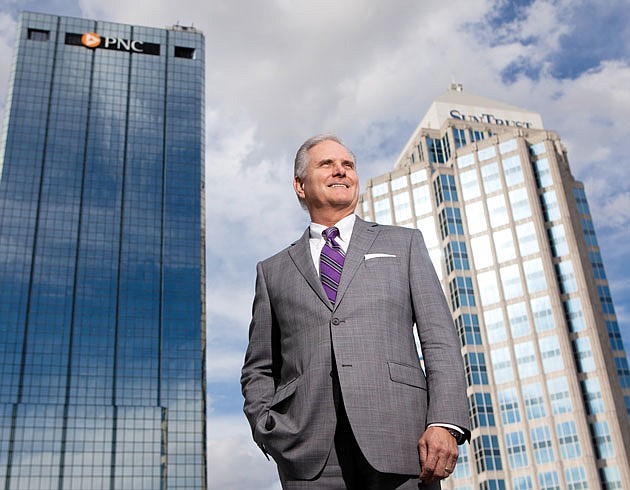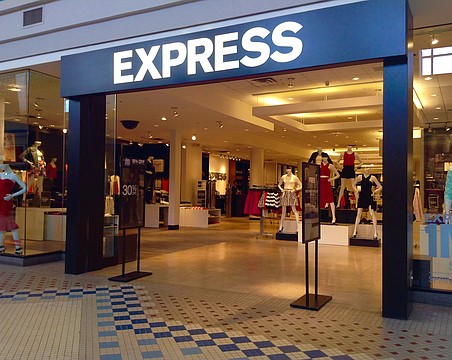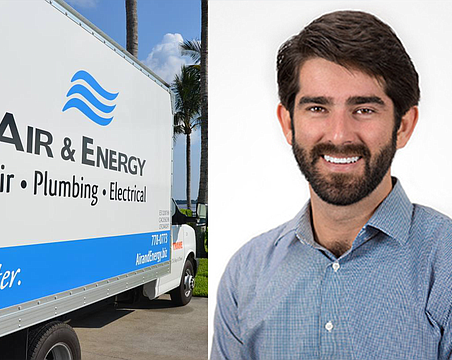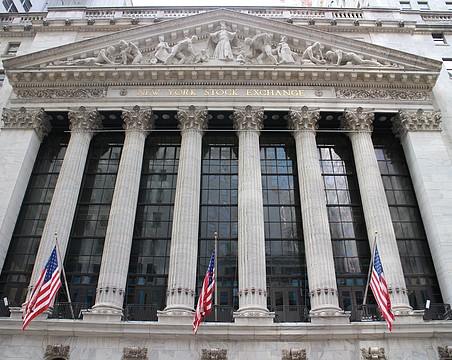Larry Richey has been managing principal of commercial real estate brokerage firm Cushman & Wakefield's Florida operations for three years.
Prior to overseeing the state's six offices — from Jacksonville to Miami — Richey had led the company's Central Florida operations, which includes Tampa and Orlando, since 1991. Today, Cushman & Wakefield companywide generates roughly $5 billion in annual revenue and executes transactions valued in excess of $190 billion globally each year.
A recent National Real Estate Investor monthly survey of nearly 400 top-level commercial real estate executives nationwide in July indicated that 52% believe the current real estate growth cycle has reached a peak. That represents the highest level in the past two years, save for October 2016, when it was 55%. At the same time, just 24% of respondents say they believe the market remains in a recovery or expansion phase, an 11 percentage point drop from the previous month. That represented the lowest level since October 2015. What do you say to that?
Economic expansions typically and historically last about seven years before a downturn occurs, so naturally anytime we pass the seven-year mark people get concerned. But a downturn may not happen at this time, or even into the near future, because if you look at the economic growth rates, we've as a nation been growing at about a 2% rate. So that means that in terms of economic output, we're only a third of the way there in comparison to other economic expansions. It makes me think we may have some runway left, and gives me some encouragement to consider that we're likely to have greater economic expansion this go-round than average. And I certainly haven't heard anyone ring the bell indicating the expansion is over. I think, too, that many people tend to look at calendar years in regards to economic expansion and ignore the numbers underlying the growth. I think that's largely out of habit.
So you don't agree with the NREI respondents? Why not?
I don't agree, again, because I believe duration is the wrong way to consider it. I can't say we have two, or three, more years to go, I think the more correct way to assess it is to look at the aggregate economic expansion and measure it consistent with other recoveries throughout America's history. For instance, we've not hit 3% or 4% growth on a GDP (gross domestic product, the value of all goods and services produced) level as yet in this recovery on a consistent basis, and I think we absolutely will reach that mark before there would be any peak or any downturn.
Are there any commercial real estate sectors that are in danger of peaking, in your opinion, as a result of growth this cycle?
I think the only asset class that's even close to being considered at a peak would be multifamily rentals, just because so many have been added to inventory in the past three to four years. But even there, so much of that demand has been the result of changing lifestyles and demographics, and the residual effects of the last housing crisis. Housing is of a different mindset today than it was pre-recession. People also contend that office space is diminishing in demand because of technology and changing habits, but if you look in Florida, and especially in the Tampa area, 21% of all jobs being created are office jobs, and that's in turn created good, strong demand for office space. But because there's not a lot of new construction, office rents statewide are up something like 6.2% over the same time last year, and in certain markets, like Miami, the increase is about 15%. That's a crazy amount, but Florida is creating jobs at twice the national average, and new construction is still minor compared to previous recoveries. We should be building a whole lot more office space to keep up with the heightened demand, but we're not. Many developers are finding it remains hard to obtain financing, especially for anything speculative. As a result I expect rental rates for office to continue to go up. The same holds true for industrial and retail space, though the trendlines there aren't as significantly as in n office. The growth from Tampa to Fort Myers, particularly, has been very positive the past three years, though rental rates there are not as expensive as in Miami, which today compares favorably to places like New York or San Francisco.
Which commercial real estate asset classes could see further growth over the next 24 to 36 months?
I think there will be growth in rental rates in every property sector in Florida over the next 24 months. The only thing that could change that would be some cataclysmic, unexpected macro-economic impediment or event, whether it's unrest with North Korea or in some other part of the world, or a political challenge that impacts the markets. Short of that, I think we'll see some steady growth consistent with inflation, or better, because Florida remains competitive from the standpoint of land, and because of population growth. Some sectors will of course grow faster than others, but I believe demand will be pretty constant for the next two to three years, based on what we're seeing.






